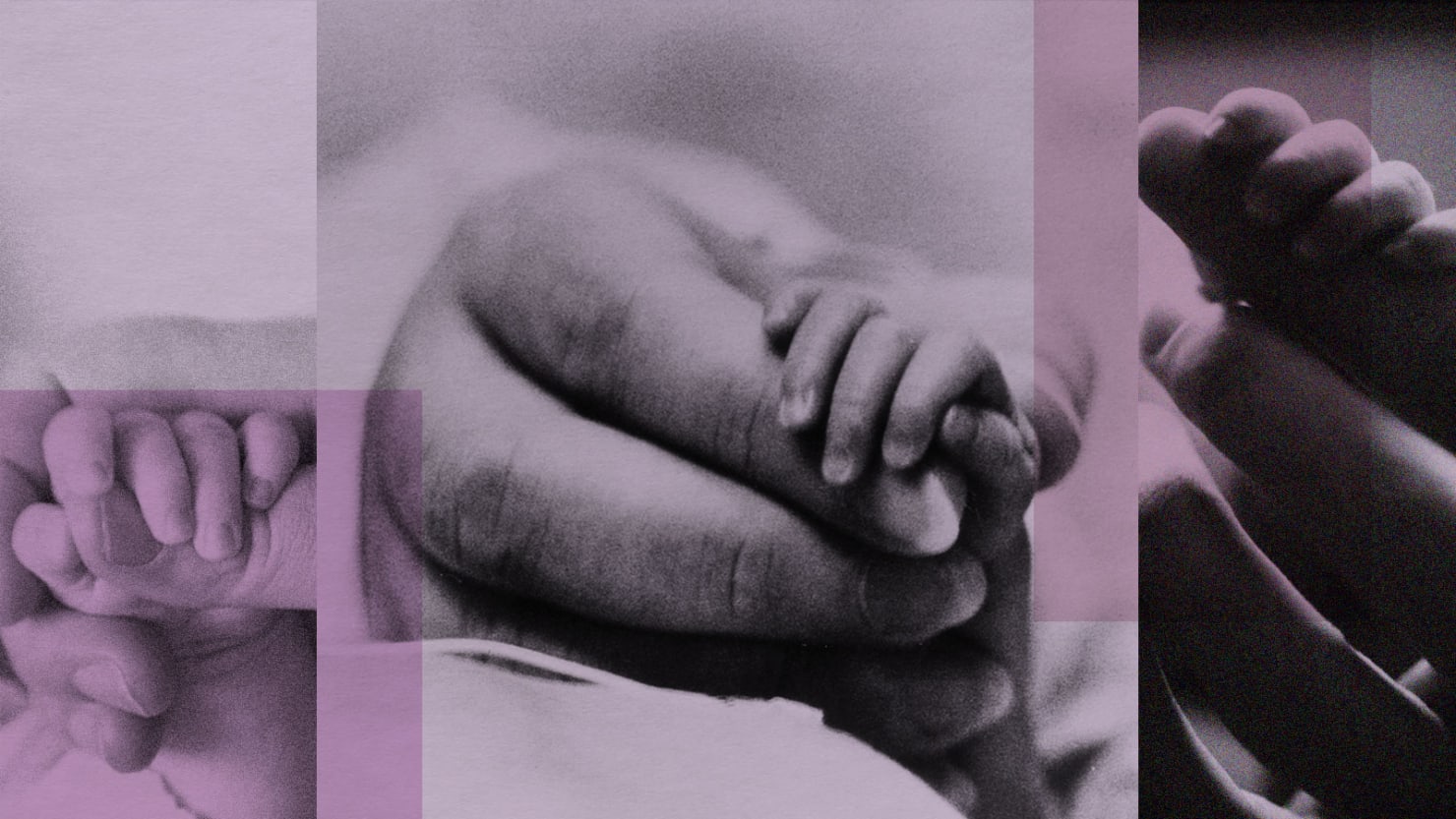Imagine a nation where Democrats and Republicans assembled in support of pregnant and new mothers to provide abundantly for them. It’s an alternate reality, where they don’t fight over abortion legislation or lob insults at one another about who really cares about women. Here, they rally together behind the people their laws actually effect.
It could actually be more than a pipe dream.
Two weeks ago, the Texas House passed a bipartisan bill to allow low-income moms to remain on Medicaid for up to a year after their baby’s birth. There’s no reason every state can’t pass similar legislation, especially in light of the new reality of less legalized abortion.
Across the nation, there have been 5,377 fewer abortions per month since Roe was overturned, according to a Society of Family Planning report. States with the most stringent abortion restriction saw legal abortions drop by 96 percent, and the average person is now hundreds of miles further from an abortion facility than they were before 2022.
These women need our nation’s support.
Though in the past many Republicans have been resistant to funding legislation like that which passed in Texas, the party has shifted toward a more holistically pro-life agenda. Red states like Wyoming and Mississippi are proposing and accepting more comprehensive government benefits for families as quickly as they curb abortion options.
Many Republicans, most of whom view the family as the foundation of a flourishing society, are finally seeing the importance of financial provision to uphold that ideal. It’s true, not all Republicans are on board, but it’s a different picture than just a decade ago.
Studies have found that more than 75 percent of abortions were procured by low-income patients, many of them citing financial issues as their primary reason for the decision. Furthermore, the Human Coalition found that 76 percent of abortion-minded women say they would “prefer to parent” if they could. Abortion is now less accessible, but these stats reveal the level to which poverty coerces women into that choice in the first place.
Regardless of the law, these women are often in a scary place, unsure of how they will provide, survive, or thrive. Luckily, there’s plenty that legislators and local communities can do to help.
By implementing Medicaid for a full year and expanding state contributions to the growing number of pregnancy centers across the nation (as many governors are doing), the country is taking the right next steps. Offering Medicaid coverage will also help reduce maternal deaths, which often happen within a couple of months of giving birth.
Over 1200 women died in 2021 from pregnancy-related causes within less than two months of delivery, a 40 percent increase from 2020. The United States has the highest maternal mortality rate in the Western world, which is three times higher than the second highest, France. Disparities for Black and Hispanic women are especially unacceptable and, according to the CDC, mostly preventable.
It’s no surprise that the higher maternal mortality rate is linked to lack of health insurance, access to proper medical care, and pre and postnatal follow ups. Low-income and rural women may lack access to insurance or transportation and certainly, mental health plays a role, as well. Women’s mental health after giving birth is at its most vulnerable state, and they need care to assess and treat conditions like postpartum depression and anxiety, which affect up to 20 percent of postnatal patients.
There are plenty of other financial benefits legislators can push, like the permanent expansion of the Children’s Health Insurance Program (CHIP) and some kind of short-term paid leave program. Paid leave is one of the most obvious programs prevalent in other Western countries, but not federally available in the U.S.
Republicans have worked to find solutions for paid leave that even their most fiscally conservative constituents can support—like Sen. Marco Rubio’s proposed New Parents Act. Furthermore, there is even a bipartisan working group eyeing a national paid leave program.
Other ideas, like Florida Gov. Ron DeSantis proposal to eliminate sales tax on baby items permanently, the GOP push for child support to begin in the womb, plus an effort by Democrats for Life and Americans United for Life to “make birth free” are smart proposals that will create real, positive lifelines for women in need.
Offering federal grants to local churches, organizations, and community centers to help new mothers with physical items, education, and mentoring would also be a solid investment that is easy for both sides to support. There is no one-size-fits-all answer to the struggles encountered in unexpected pregnancy, but a buffet of tangible options exists.
Despite progressive claims that pro-life advocates are just religious people who want to “control women’s bodies,” that’s not the heart behind the movement. Secular progressive pro-life groups exist too, and are growing in number.
And though Republicans sometimes accuse Democrats of being heartless baby killers, that’s also a dishonest framing of the intention behind their views. Most truly do want to help women. They can do so now by partnering with Republicans to provide legislation like Medicaid for a year, prenatal child support, public funding toward pregnancy centers, community grants, and cost-effective tax breaks for children’s items, daycare, and more.
This Mother’s Day, there are thousands more first-time moms than there would have been prior to Roe being overturned. Let’s show them the United States supports them and wants to see them and their children thrive.










